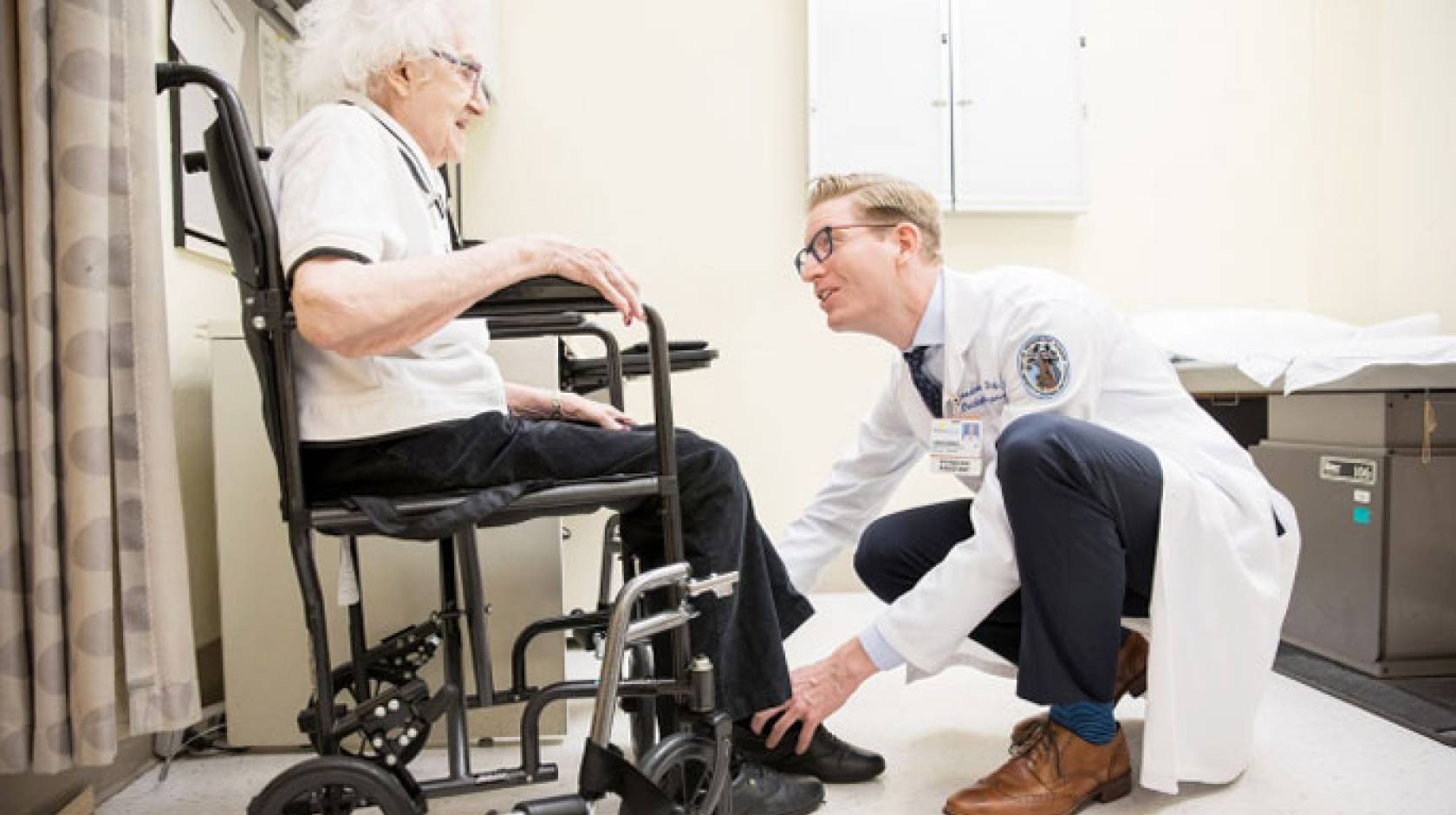UC Newsroom

The University of California runs two of the nation’s top 10 hospitals and all five of its medical centers stand among California’s best, according to U.S. News & World Report’s 2017–18 rankings.
The list of “best hospitals,” released by U.S. News today (Aug. 8) ranked UC San Francisco Medical Center fifth and UCLA Medical Center, Los Angeles seventh nationally, with both hospitals included in the U.S. News’ Honor Roll of the top 20 hospitals that excel across multiple areas of care.
Among California hospitals, U.S. News ranked all five UC medical centers among the top performers: UCSF (1), UCLA (2), UC Davis (5), UC San Diego (7) and UC Irvine (11).
U.S. News compiled its list by assessing 4,500 medical centers around the country in 16 areas of complex specialty care and nine common procedures and conditions such as heart bypass, hip and knee replacement, heart failure and lung cancer surgery.
For UCSF, it was the 17th consecutive year that it had been named among the nation’s premier medical institutions.
“This is a tremendous honor and validation of our commitment to providing the best care for every patient, including those with some of the most complex medical conditions,” said Mark R. Laret, chief executive officer and president of UCSF Health, which includes UCSF Medical Center and UCSF Benioff Children’s Hospitals. “These scores reflect the outstanding dedication and effort that each member of our team provides on a daily basis.”
UCLA has appeared on the honor roll for 28 consecutive years. This year, UCLA Medical Center, Los Angeles placed No. 1 in Los Angeles, No. 2 in California and No. 7 in the nation.
“Our long-standing commitment to excellence ensures that our patients and their families receive the most compassionate, comprehensive care possible from every member of our team,” said Johnese Spisso, president of UCLA Health, CEO of UCLA Hospital System and associate vice chancellor of UCLA Health Sciences.
U.S. News & World Report publishes “Best Hospitals” annually to help guide patients who need a high level of care because they face a particularly difficult surgery, a challenging condition or extra risk due to age, multiple health issues or other problems. Objective measures, such as patient survival and safety data, the number of times a given procedure is performed, infection rates and adequacy of nurse staffing factor into the rankings.

